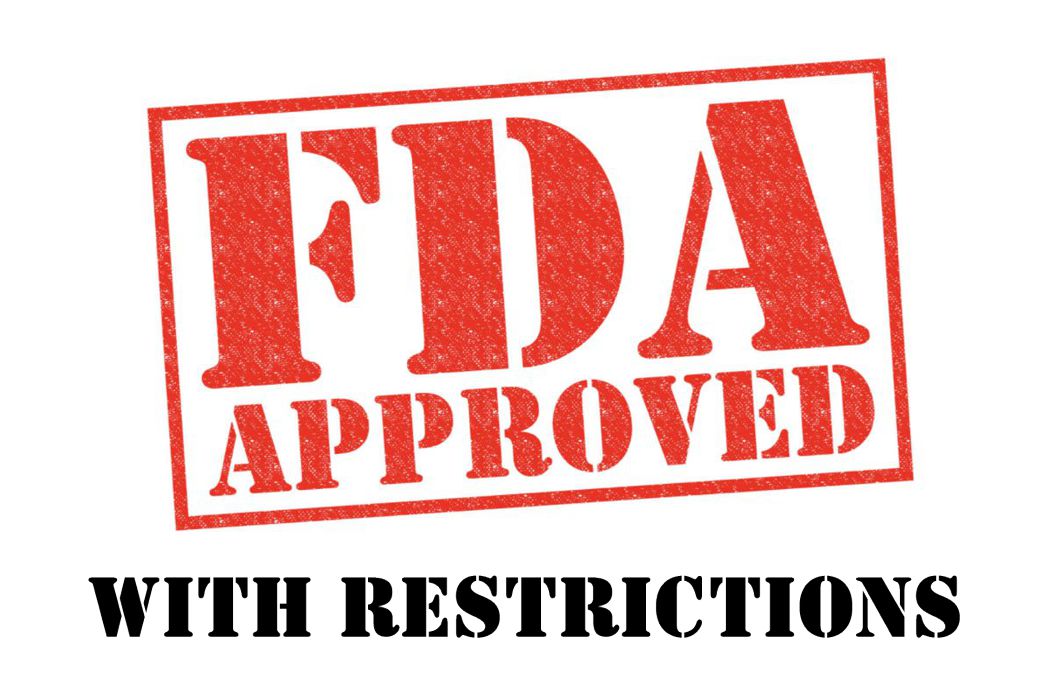The shot is the country’s only traditional protein-based vaccine for coronavirus.
Novavax’s new COVID-19 vaccine received long-awaited approval from the Food and Drug Administration (FDA) on Friday, but with specific restrictions.
The shot is the country’s only traditional protein-based vaccine for coronavirus, and previously, it only had emergency authorization from the FDA for use in those aged 12 and older.
Late on May 16, the FDA gave the company full approval to use the vaccine on adults 65 years or older. For anyone between the ages of 12 and 64, they must have at least one underlying health issue that would put them at risk if infected with COVID-19.
The mRNA COVID-19 vaccines developed by Novavax competitors Moderna and Pfizer are licensed without restrictions for anyone 12 years or older, and are also approved for use—with some restrictions—in children as young as six months.
In June, advisers to the Centers for Disease Control and Prevention (CDC) are scheduled to deliberate on whether the agency should continue recommending yearly COVID-19 shots for everyone or just those who are at higher risk of complications from the virus.
The FDA decision on Novavax gives an early indicator of how the Trump administration may proceed ahead of that meeting.
Novavax chief executive John C. Jacobs celebrated the FDA approval.
“Market research and U.S. CDC statistics indicate that older individuals and those with underlying conditions are the populations most likely to seek out COVID-19 vaccination seasonally. This significant milestone demonstrates our commitment to these populations and is a significant step towards availability of our protein-based vaccine option,” he said.
In the letter approving the vaccine on Friday, the FDA did not explain the restrictions, although the it said the vaccine has been shown to be safe and effective in a 30,000-person clinical trial.
Novavax said the FDA was asking the company to administer an additional post-approval trial, which is out of the norm.
The agency ordered multiple additional trials that would be completed in the proceeding years, with some analyzing potential heart complications. One that will evaluate the long-term potential for “myocarditis and pericarditis” must be completed by Dec. 31, 2031, with the final report submitted on Sept. 30, 2032.
By Jacob Burg








